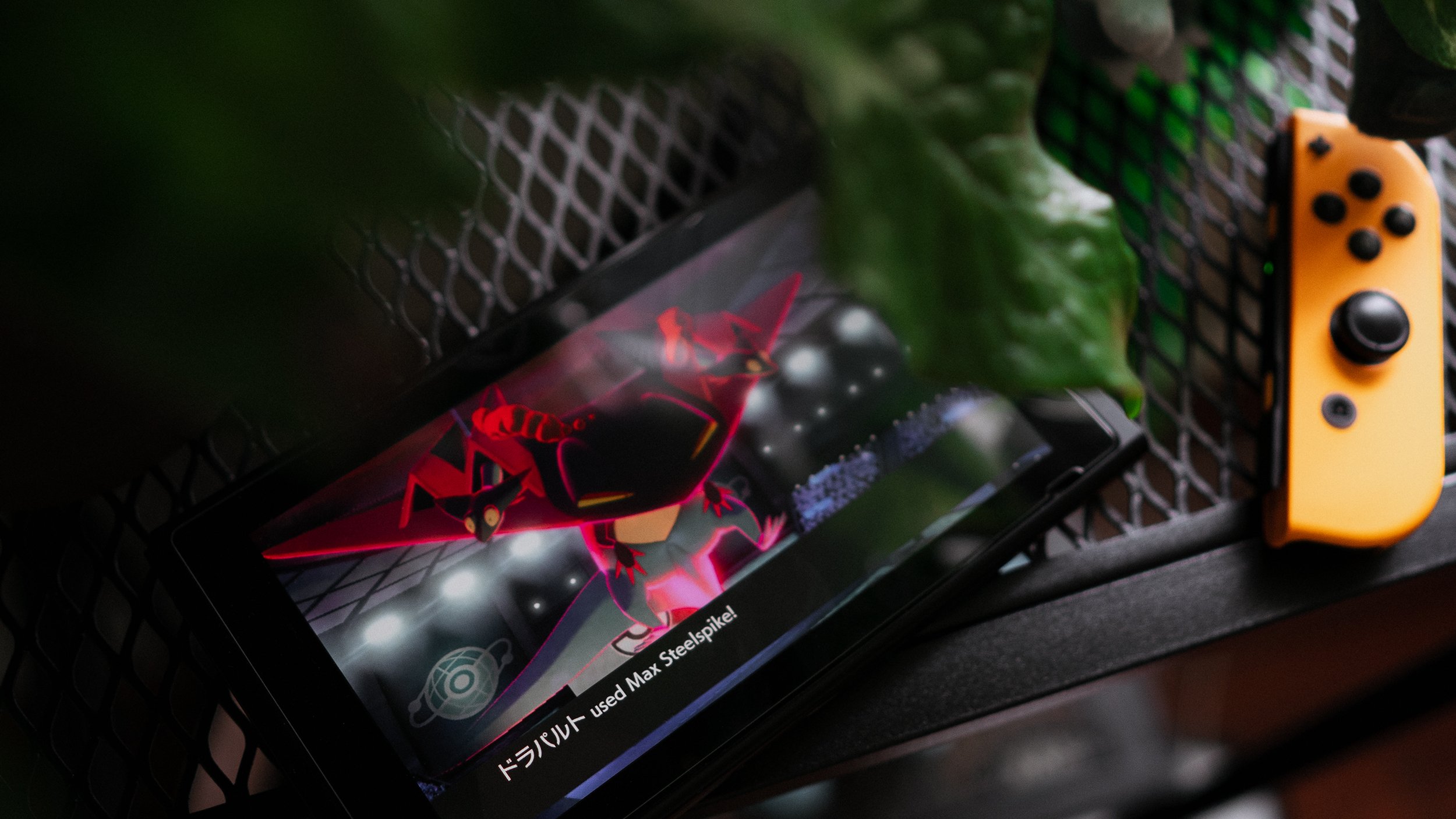
Predictions
5min 45sec read
Being able to anticipate your opponent’s attack and respond accordingly is a valuable skill in VGC. Learn about what predictions are and when you should go for them.
Written by Aaron Zheng
Battling / General battling Principles
One major skill in competitive Pokémon is the ability to “predict” what the opponent is going to do and react accordingly. An especially common mistake that newer players make is focusing too hard on trying to predict their opponent’s specific play each turn. It can feel satisfying to call out exactly what your opponent is going to do, but you have to ask yourself what you actually gain from it (as well as what you have to lose from it, if you get it wrong).
I generally divide “predicting” into two major areas:
Your ability to anticipate every single possible combination of moves that your opponent can go for
Your ability to anticipate a specific play that your opponent is going to go for & reacting accordingly
Both of these are major skills that you will want to focus on as you play. The first one allows you to better find the best possible play each turn, while the second one allows you to gain major advantages and claw out of bad positions.
Before we go any further, it’s important to note that everyone has different philosophies towards how they approach the game in regards to predictions. Some players are very read-focused and like to play very aggressively by trying to predict their opponent’s move each turn. Others are more conservative and aim to make as few predictions as possible. You’ll have to find a balance that works for you.
Team-building/selection is critical in Pokémon because the best teams offer you more opportunities and reduce the amount of predicting that you need to do. As a result, keep in mind that the team you use directly influences how frequently you may want or need to predict in a game.
One final note to leave you with: you won’t be able to predict everything in Pokémon, especially in best-of-1 games where surprise Pokémon, moves, items, and spreads can pay off heavily. As a result, relying only on predictions to win games in Pokémon can be dangerous.
How can you anticipate every single possible combination of moves that your opponent can go for?
In order to predict what your opponent is going to do, you’re going to have to rely on:
Your general knowledge of the VGC metagame.
Information your opponent has revealed to you throughout the course of the battle.
If you don’t have a strong understanding of the most common Pokémon and how they are generally trained/used, it will be difficult to accurately predict your opponent’s plays. Thus, it’s important to build up your general knowledge of the VGC metagame. You can check out the linked article for a more in-depth break down, but I’d focus on a couple of key areas:
Who are the most common Pokémon?
What are the 3-4 most common items on that Pokémon?
What are the ~10 most common attacks on that Pokémon?
How is that Pokémon typically trained, especially in regards to speed?
What do people commonly do with this Pokémon when I play against it?
When do you go for a specific prediction (i.e. expect your opponent to make ONE play and react to that play accordingly)?
Here are some principles I have in regards to when you may want to go for a specific prediction. I’ve split it into three different categories, depending on the game state - your feeling about how the game is going.
From when you have a lead in the game:
Getting a prediction right outright wins you the game, and getting it wrong does not immediately lose the game/throw your lead
From when the game state is neutral:
Getting a prediction right can swing the battle significantly into your favor
From when you are behind:
You don’t feel like you have a “safe” play that covers for all your opponent’s options - this normally comes from a bad match-up or falling behind too quickly
You feel like you are going to lose if you don’t call out your opponent’s specific play
You don’t think you can win if your opponent finds the “correct” play, so you look for opportunities where they may make a mistake

